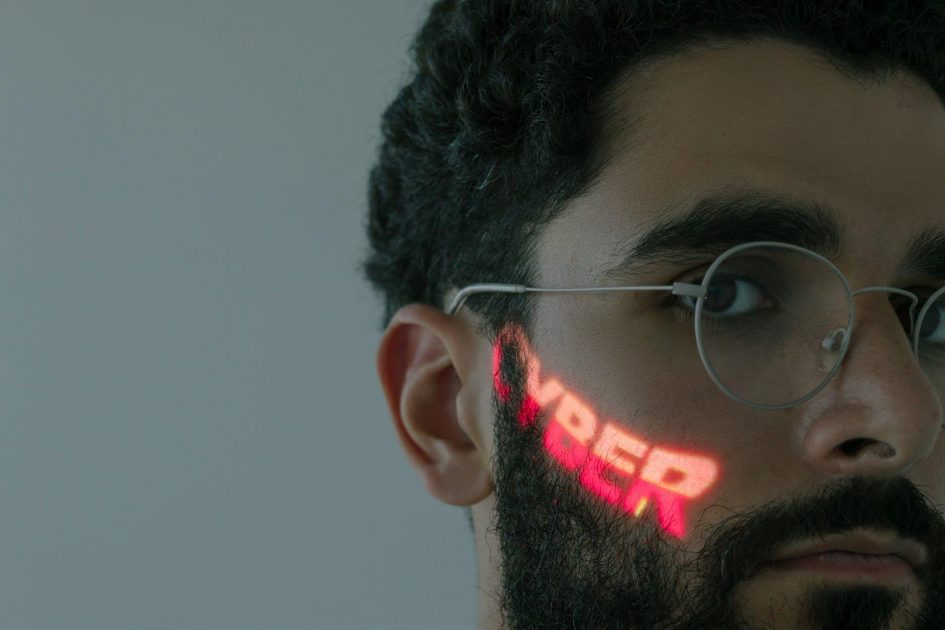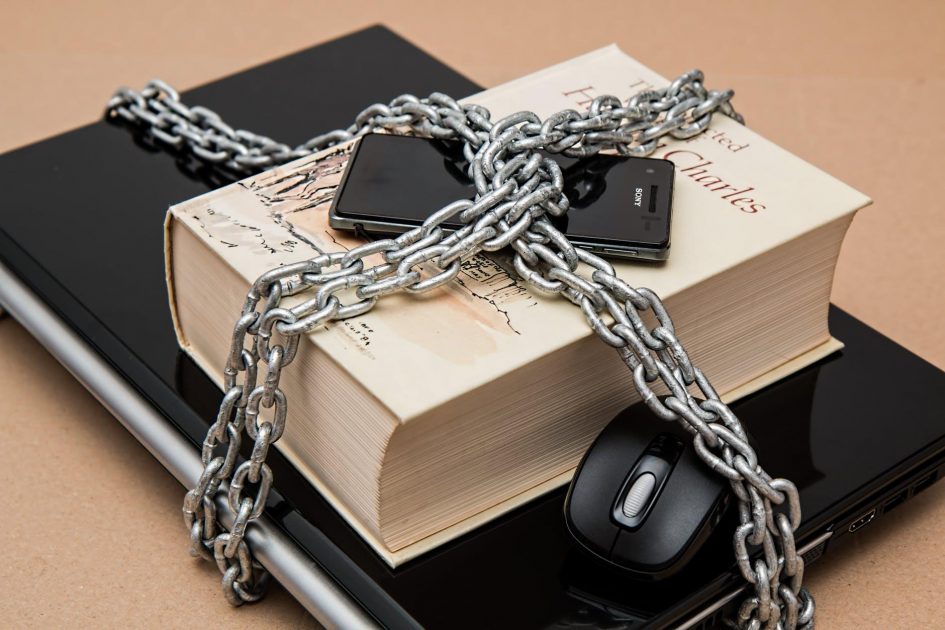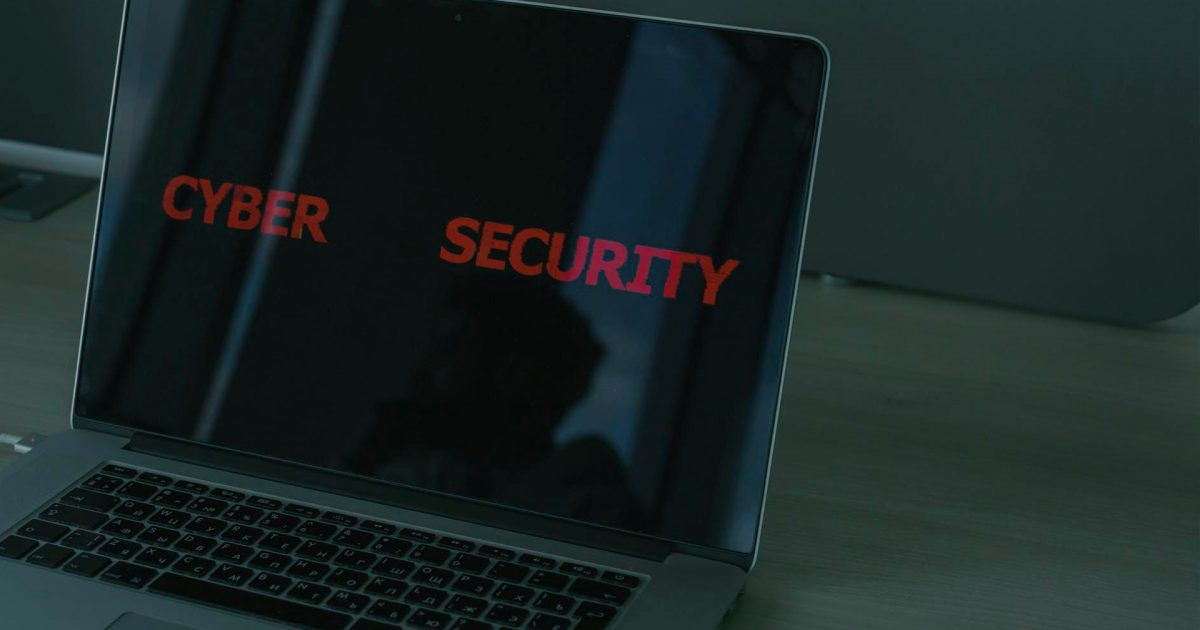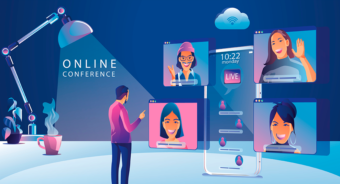Introduction
Lots of public events have shifted towards online space with the rise of the coronavirus pandemic. Evaluating this peculiar situation at the moment, nearly after a year since the remote meeting notion started to take turns, it might be even strange to think that we haven’t thought of doing this before. Online events, big or small, turned out to be rather effective and extremely convenient, with only several downsides.
One important downside is, of course, cybersecurity. According to a CIRA report, 3 in 10 companies have faced an increase in the number of cyberattacks during the pandemic. In Canada alone, the estimated loss due to cyber-fraud incidents constituted $101 million in 2020. While this issue existed long before the pandemic, we faced it on its full scale only recently, so it’s worthy to learn how to deal with it.
Getting Prepared
People of many occupations from many different countries have become concerned with cybersecurity only recently, although the problem existed long before today. Be it a daily meeting at a company or a massive virtual concert, cybersecurity is now more highly considered than ever. This is mostly due to the rise of remote work, video conferencing, and other virtual events, so, obviously, we still need some time to adapt. This, however, does not make the issue less important or less urgent.
Threats to Consider
There are many threats that come from cyber attacks and security breaches. They may vary in quality and scale, yet one thing about them is certain, they are dangerous. Even if you’re not working for a big company, a governmental, or a military organization, a cybersecurity breach can be dangerous personally to you at least.
By attacking you in the virtual space, the perpetrators usually aim for the most important data you have, like:
- bank accounts;
- personal or work passwords;
- employee data;
- research;
- details of your innovative solutions, etc.

This and other similar information can be used by data thieves to benefit them financially (and illegally) or manipulate you and benefit from that. This is why you must consider at least some of the following points before setting up any kind of online event (especially a massive one) or think twice before joining one.
Solutions for Stellar Cybersecurity
Protect your event access
Regardless of whether it’s a business development meeting at your company, a virtual solo concert, or a paid lecture, make sure the meeting is protected with the password. The recommended length of a password should be not less than 11 characters and combine letters and symbols. Thus the entropy increases which makes it more time-consuming to break.

And this password should be shared only those who you know will know it. Some events actually get interfered with for many ridiculous reasons, one of which is the lack of any kind of protection, even the one that can be initiated by a user. So, don’t overlook even such seemingly small measures, they can sometimes be everything you need.
Protect the connection and network
It can be observed in the company meetings more frequently nowadays, and for a good reason. Oftentimes, cyberattacks are aimed at the network, which may not be protected at all, especially if you’re having a private connection. This means that the intruders can simply hack your network connection (unless your internet provider takes necessary measures) and access your computer and your internet connection session. This is totally not cool, no matter what event you’re hosting. Don’t overlook this point either.
Monitor activity during the event
That concerns all types of activities, the one that can be observed during your session in your software equipment and the one that relates to your network and connection. There are lots of tools for that, either that come with the software you’re using to host the meeting or separate tools for network activity monitoring. Be sure to check at least some of them; your virtual security is certainly worth the effort.
Oversee the hosts cybersecurity measures
Unless you’re doing a small meeting for your friends, you’ll likely be working with someone who hosts the event. It can be a sponsor company if we’re talking about a concert online, or just the company you work for. So, make sure that people responsible for this event understand the importance of the points provided above. They have to be ready to take all necessary measures and even go beyond them to protect all users that take part in the virtual event they’re hosting.
Communicate cybersecurity practices
You can do this as you share the access to your event. Make sure to:
- Send the attendees emails that warn them about possible cyberattacks that can take place should no security measure be taken.
- Explain that it’s important to have a protected connection, safe passwords, and no sensitive data is stored on the computer at all times.
- Getting the words right is important when it comes to communication, so be sure to make as much effort as necessary when setting all things up for your event.
Key to a More Successful Event
The solutions described above are rather general and often accepted, yet they can be decomposed into smaller details that specify the methods and the degree of protection. Nevertheless, even the basic steps to make your online meeting can help greatly. It’s not only about the attendees’ sense of safety but also about the success of the event overall. When you are sure that nothing unexpected happens, you are likely to work more confidently and, thus, more competently, attending to all needs of the meeting, its hosts, and those who attend it.
Getting Your Protection Right
Cybersecurity matters a lot when it comes to online events, simply because there are many different people who might be attending. This is a question of the safety and security of not one but lots of people. It doesn’t really matter whether you’re hosting a small meeting for one team in your company or organizing a lecture that is to be attended by hundreds of people. Any of these people may be subject to various cyber threats, from simple interference that can be annoying to data theft and malware attack. Not overlooking this matter can be one of the keys to success, so following all the steps to make the event secure is more than reasonable.
BIO:
Nicole Garrison is a content strategist, writer, and contributor at a number of platforms such as Medium. She is a dedicated and experienced author who pays particular attention to quality research. In addition, she also works as a part-time editor at SupremeDissertations writing service. Nicole consistently attends different courses, seminars, and conferences that keep her knowledge up to date.





